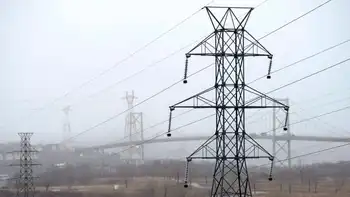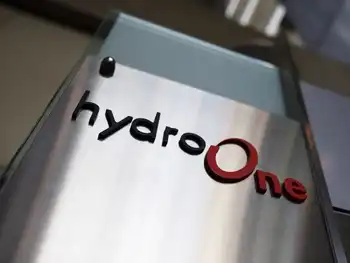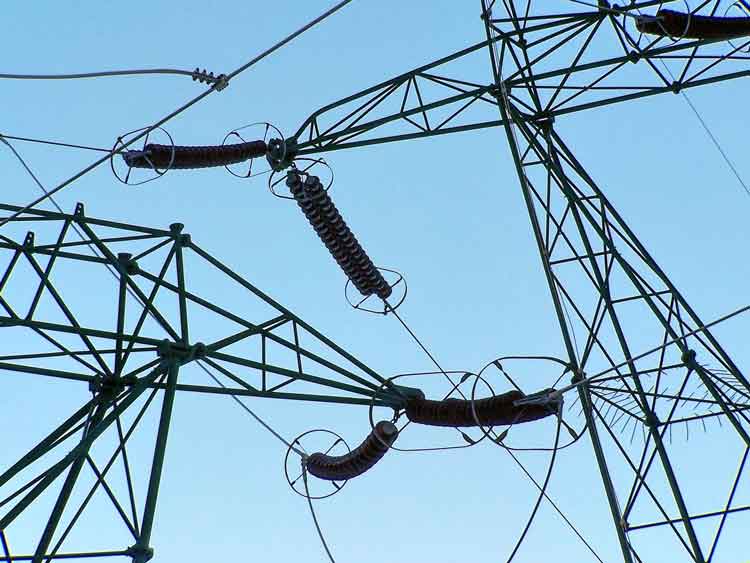Shepherd's hook needs backup device, ministry orders
"Our inspectors have now been directed to ensure that any shepherd's hooks that do not have a secondary fall-protection system be removed from service in workplaces subject o Ontario jurisdiction," said ministry spokesman Bruce Skeaff.
The order comes as a result of an accident in which a Hydro One worker fell 30 metres to his death in Cumberland on May 30.
"Our investigation into the fatality in Ottawa included a re-enactment of that incident, which showed us shepherd's hooks may become disengaged from their attachment point, unintentionally," Mr. Skeaff said.
Criminal charges will not be laid, Ottawa police said.
A shepherd's hook is a long staff, with a hooked end, that is attached to a lifeline that is then attached to a harness around a worker's waist. The hook is slung over a horizontal structure, in this case a steel girder, to prevent the person from falling.
"We've decided that they don't provide the amount of protection that is required by law under the Occupational Health and Safety Act," said Mr. Skeaff.
Ottawa paramedics said the 55-year-old man was assembling a hydro tower on the north side of Wilhaven Drive, between O'Toole and Quigley Hill roads, when he fell.
Three of his co-workers witnessed the fall and performed CPR on the injured man, who was pronounced dead at the scene. It is believed that he suffered massive head injuries. The man's name has not been released.
Related News

Nova Scotia Power says it now generates 30 per cent of its power from renewables
HALIFAX - Nova Scotia's private utility says it has hit a new milestone in its delivery of electricity from renewable resources.
Nova Scotia Power says 30 per cent of the electricity it produced in 2018 came from renewable sources such as wind power.
The utility says 18 per cent came from wind turbines, nine per cent from hydroelectric and tidal turbines and three per cent by burning biomass.
However, over half of the province's electrical generation still comes from the burning of coal or petroleum coke. Another 13 per cent come from burning natural gas and five per cent from imports.
The utility says…





